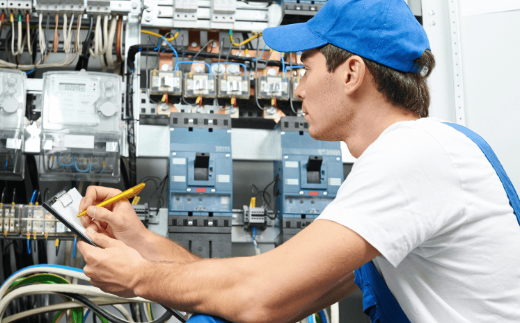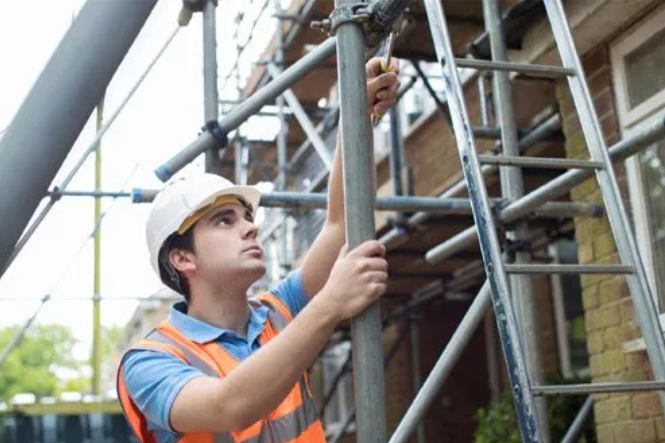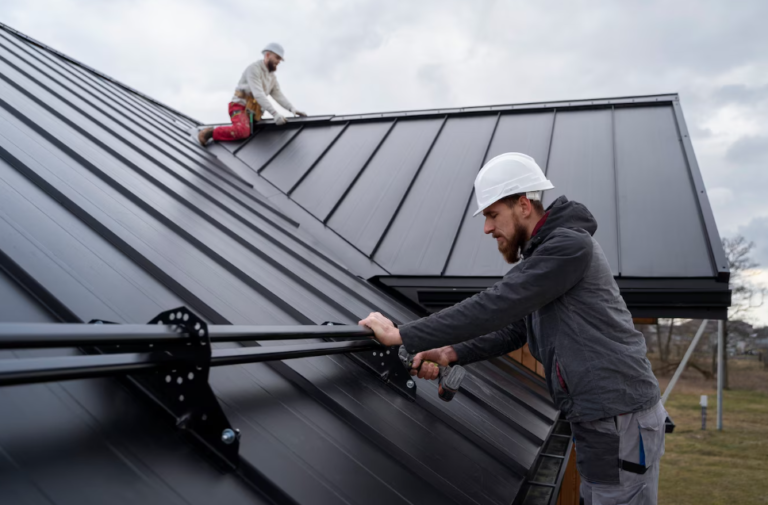How Often Should a Business Conduct Electrical Inspections?
Electrical safety is a crucial aspect of running any commercial operation. Whether it’s a small retail shop or a large industrial facility, the electrical system plays a central role in day-to-day operations. Over time, however, wiring, panels, and electrical components can deteriorate, leading to risks such as equipment failure, fires, or code violations. To mitigate these risks, businesses must schedule regular electrical inspections. But how often should these inspections take place, and why is professional input from commercial electricians so important?
The Importance of Regular Electrical Inspections
Electrical inspections help identify hidden issues within a building’s power system before they become dangerous or expensive. These inspections involve evaluating wiring, panels, circuit breakers, and connected devices to ensure they function safely and efficiently. For businesses, this isn’t just about staying operational—it’s also about complying with regulations and protecting staff, assets, and customers.
Engaging commercial electricians for these inspections ensures that assessments are thorough and meet the safety standards required by local laws and insurance providers. A licensed professional can spot minor issues early, reducing the chance of power outages, safety hazards, or costly repairs down the line.
General Inspection Frequency Guidelines
The frequency of electrical inspections depends on the type of business, the age of the building, and the complexity of the electrical system. However, a general guideline for most commercial properties is to have a full inspection conducted at least once every three to five years.
For higher-risk industries, such as manufacturing or food production, more frequent inspections—possibly once a year—are often necessary due to the heavy load placed on electrical systems and the use of specialized machinery. In contrast, a small office with minimal equipment might safely follow a longer interval, provided no issues arise.
Commercial electricians can help establish an appropriate inspection schedule based on the unique needs of the business. They consider factors such as equipment usage, energy demands, and past electrical performance to develop a custom inspection timeline.
See Also: DIY Home Improvement: Essential Tools Every Homeowner Should Have
When to Schedule More Frequent Inspections
Beyond routine schedules, certain situations demand more immediate or frequent inspections. If a business experiences frequent breaker trips, flickering lights, unusual odors from electrical panels, or power surges, it’s time to call in professional commercial electricians for an immediate evaluation.
Other instances that require prompt inspections include renovations, major equipment upgrades, or after a natural disaster such as flooding or earthquakes. In these cases, even minor undetected damage can lead to serious issues if not promptly addressed.
Businesses that rely heavily on sensitive electronic equipment or 24/7 operations should also consider more frequent checks. These types of facilities can’t afford unscheduled downtime or risk to their critical infrastructure.
Legal and Insurance Requirements
Many local and national codes mandate periodic electrical inspections, particularly in commercial environments. These regulations are designed to protect public safety, and non-compliance can result in fines, legal action, or business closures. Insurance providers often require documented proof of regular inspections to maintain coverage or to process claims in case of an electrical incident.
Commercial electricians are familiar with these regulatory frameworks and ensure all work is documented correctly. Their inspections are often accepted as valid by insurers and code enforcement officials. This added credibility helps protect the business both legally and financially.
What Happens During a Commercial Electrical Inspection?
During an inspection, commercial electricians conduct a thorough assessment of the entire electrical system. They examine the condition of wiring, test circuit breakers, inspect outlets and switches, and evaluate the grounding system. They may also check for signs of overheating, corrosion, or overloading.
In modern facilities, inspections may include testing energy efficiency and verifying the performance of automated systems or renewable energy components. The electricians document their findings and provide recommendations for repairs, replacements, or upgrades to enhance safety and performance.
Long-Term Benefits of Routine Inspections
Consistent electrical inspections lead to long-term benefits that go beyond safety. Identifying inefficiencies in the system can help reduce energy consumption and utility costs. Maintaining a healthy electrical system also extends the lifespan of equipment and reduces the likelihood of emergency repairs, which are typically more expensive than planned maintenance.
Commercial electricians often create ongoing service plans for businesses, combining inspections with routine maintenance and repairs. These partnerships offer peace of mind, knowing the system is being regularly monitored by experts who understand its specific needs.
Conclusion
Electrical inspections are a vital part of maintaining a safe, compliant, and efficient commercial space. While the general recommendation is every three to five years, factors such as equipment use, industry type, and the building’s age may require more frequent checks. By working with licensed commercial electricians, businesses can ensure their systems are not only safe and functional but also aligned with current codes and insurance requirements. Investing in regular inspections is a proactive measure that safeguards operations, reduces costs, and protects everyone who walks through the doors.






